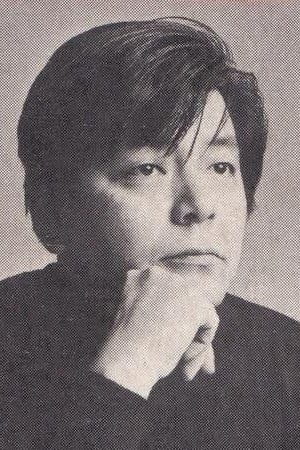
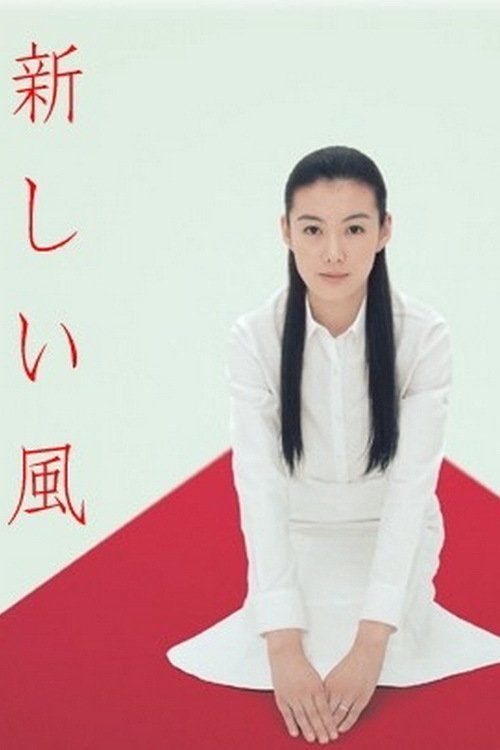
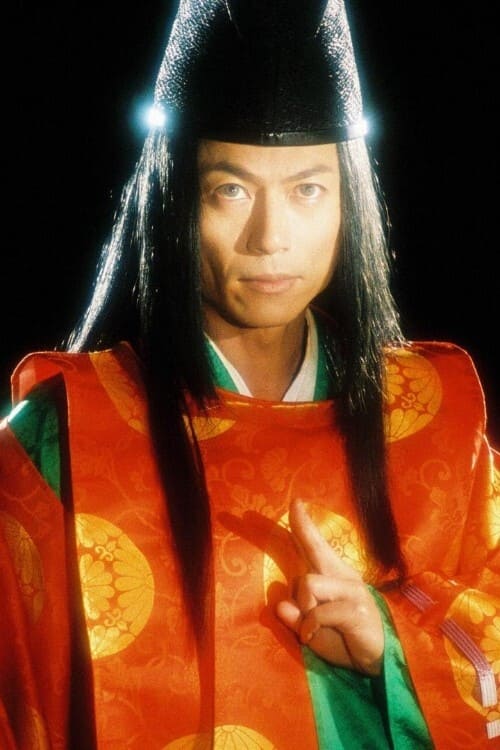
Depicts a confrontation between the onmyōji Abe no Seimei and some out to destroy the capital.
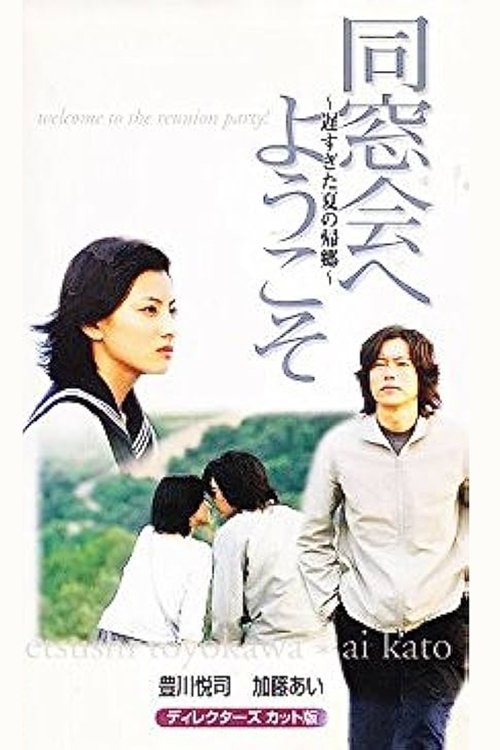
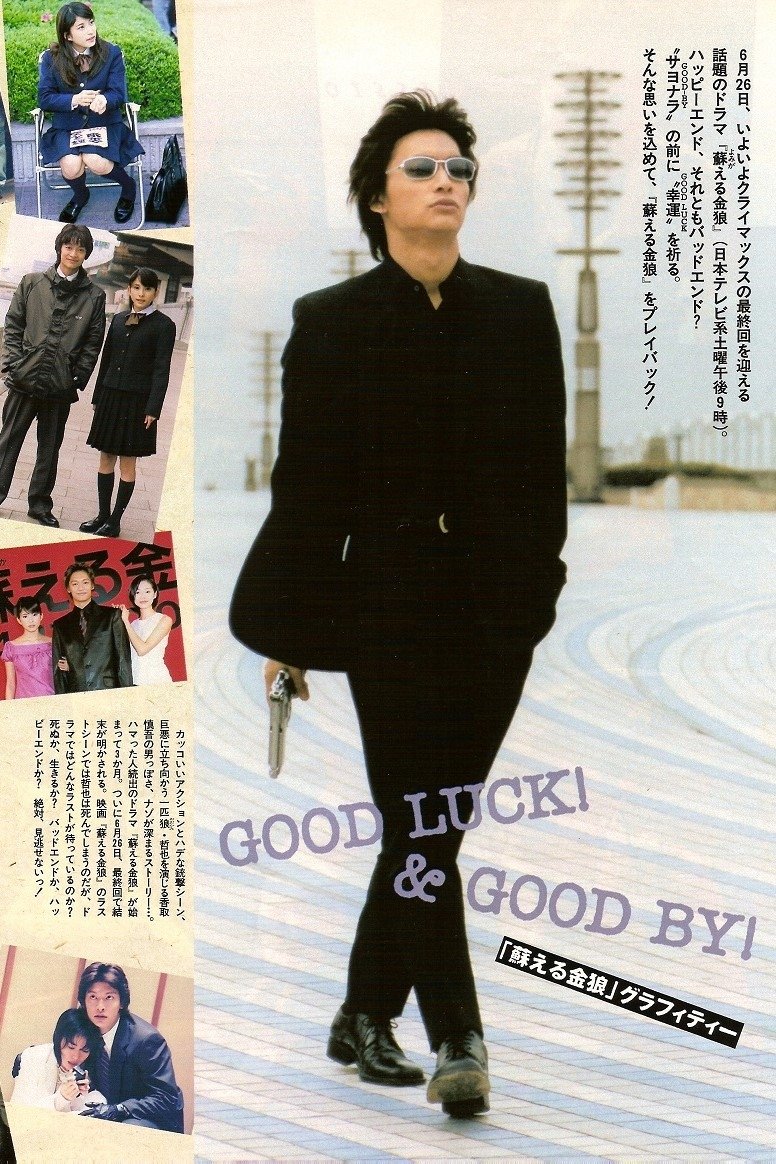
Asakura Tetsuya is a man who leads a double life. By day, he is a mild-mannered and affable salaryman in the Mogi Corporation. Come night, he takes on the persona of a hardened and violent individual bent on exposing the shady dealings of his company. Tetsuya's brother was a former president of one of the Mogi subsidiaries, but committed suicide under mysterious circumstances after some company trouble. Tetsuya is convinced that a company conspiracy staged the suicide, and he is obsessed with finding out the truth in order to avenge his brother.
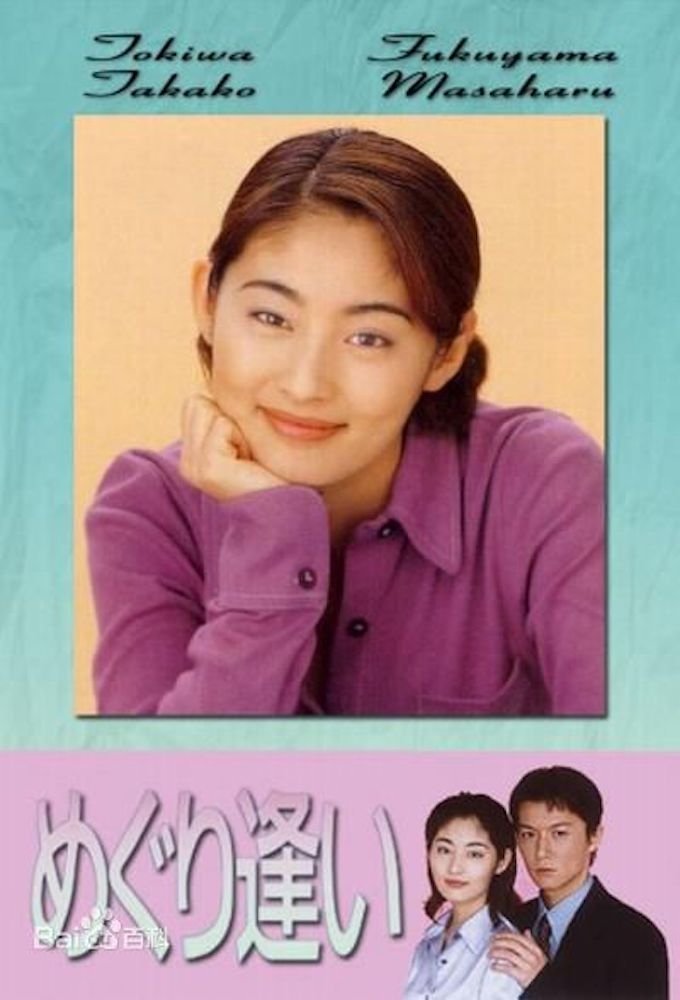
Eri and Shuji meet as next door neighbors and over the course of a year become lovers. However, just as Shuji is planning on asking Eri to marry him, they are each offered job opportunities at opposite ends of the globe. Pulled apart by their careers, they happen to meet years later and are surprised to find they still have feelings for one another. However, the fact that they are both in serious relationships with other people promises to complicate matters.
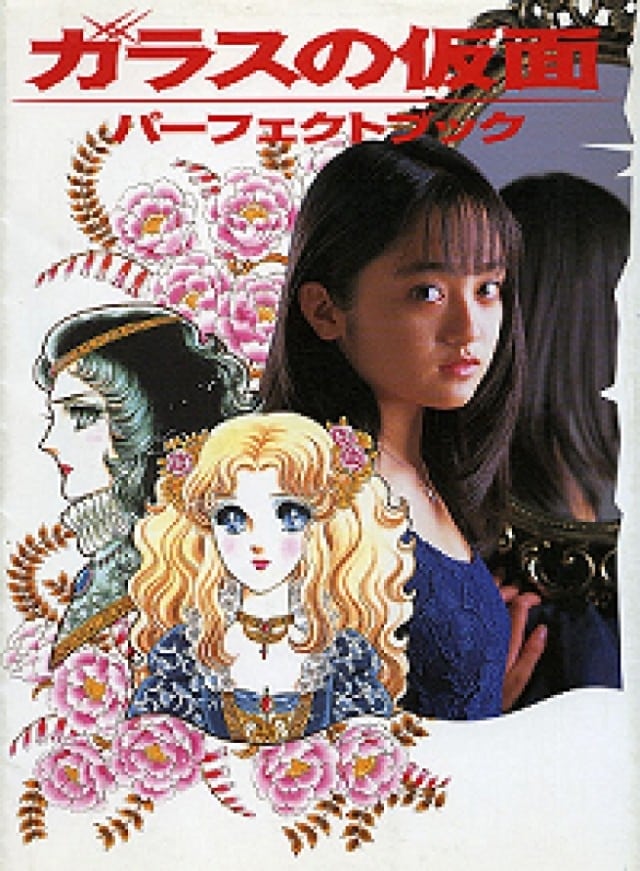
The Glass Mask drama is based on a very popular manga of the same name by Suzue Miuchi, about a young girl named Maya whose dream is to be an actress. A legendary former stage actress, Tsukikage Chigusa, watches Maya as she reenacts drama episodes she's seen on TV. She approaches Maya and has her join her acting company, Tsukikage Theater. Tsukikage holds the production rights to a legendary masterpiece called "The Crimson Goddess," in which she had played the title role until a terrible accident burnt her face beyond surgical repair. She's been searching all of these years for someone to play the role which only the most talented actress could play, and maybe she's found that someone in Maya... --synopsis by awrittensin

A young doujinshi writer doesn't win the literary prize award, and ends up killing the selection committee.
Yasutaka Tsutsui is a Japanese novelist, science fiction author, and actor. His Yumenokizaka bunkiten won the Tanizaki Prize in 1987. He has also won the 1981 Izumi Kyoka award, the 1989 Kawabata Yasunari award, and the 1992 Nihon SF Taisho Award.
By browsing this website, you accept our cookies policy.